Quantum computing uses quantum bits (qubits) to perform complex computations far faster than traditional computers. It holds potential for breakthroughs in cryptography, materials science, and optimization problems.
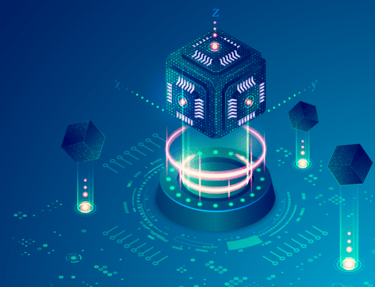

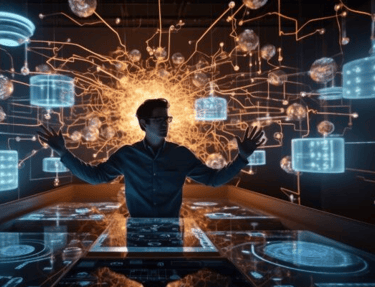

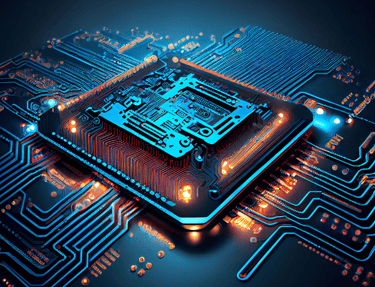

Quantum Computing
Quantum Computing is a type of computing that uses the principles of quantum mechanics—the physics of the very small—to process information in ways that classical computers cannot.


Entanglement
Qubits can be linked so that changing one instantly affects the other, even at a distance.
Interference
Quantum states can amplify correct answers and cancel out wrong ones.
Quantum computers
use qubits — each qubit can be 0, 1, or both at the same time (thanks to a property called superposition).
Quantum Information Processing
What Is Quantum Computing (Simply Put)?
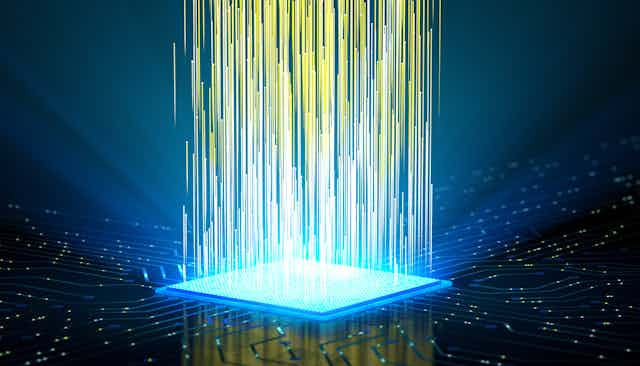

Traditional computers use bits, which are either 0 or 1.
Quantum computers use quantum bits (qubits), which can be 0, 1, or both at the same time (thanks to quantum principles like superposition and entanglement).
This allows quantum computers to process massively complex problems that are practically impossible for classical computers.
Why Quantum Computing Matters:
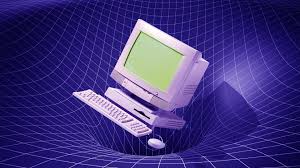

Quantum computers can solve problems that would take millions of years for today’s fastest supercomputers. They’re not “faster PCs”—they’re different machines for specific, complex problems, such as:
Cryptography (breaking RSA encryption)
Drug discovery & molecular modeling
Optimization problems (e.g., in logistics or finance)
Climate modeling
AI and machine learning
Who’s Leading in Quantum Computing?


IBM Quantum – Open-access quantum computers (Qiskit)
Google Quantum AI – Achieved "quantum supremacy" in 2019
Microsoft Azure Quantum – Quantum cloud services
D-Wave – Quantum annealing systems for optimization
IonQ, Rigetti, PsiQuantum – Quantum hardware startups
Want to go deeper?
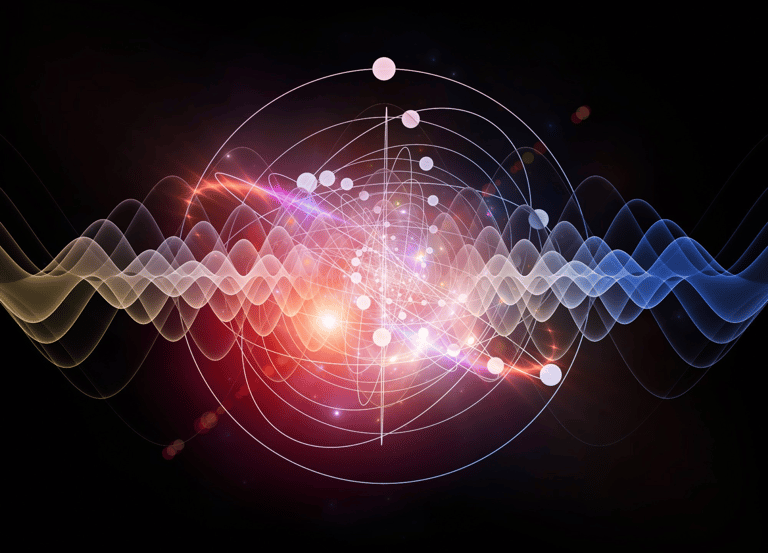

I can provide:
A timeline of quantum computing breakthroughs
An explanation of quantum algorithms (like Shor’s or Grover’s)
A breakdown of quantum hardware types (superconducting, trapped ions, etc.)
How quantum computing intersects with AI
Quick Links
Leading IT consulting for innovative solutions.
info@jpradainfotech.com.au
+61 (3) 7076 1419
Contact Us
Services
Suite 101, 7 Rushford Lane, Werribee, Victoria, 3030
© 2025 • Jprada Infotech Pty Ltd. • All Rights Reserved


